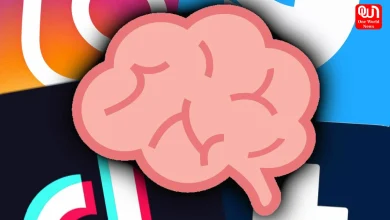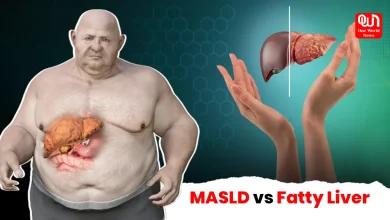
Blood pressure plays a vital role in maintaining our overall health and well-being. It refers to the force exerted by the blood against the walls of the arteries as it circulates through the body. Healthy blood pressure is essential for proper blood flow and delivery of oxygen and nutrients to organs and tissues. However, when blood pressure becomes consistently high or low, it can lead to a range of health issues. In this article, we will explore the health problems associated with both high and low blood pressure.
High Blood Pressure (Hypertension):
Hypertension is a common health issue affecting millions worldwide. When the force of blood against the artery walls is consistently too high, it puts extra strain on the heart and blood vessels. Over time, this can lead to serious complications, such as:
- Heart Disease: High blood pressure is a significant risk factor for heart disease. The increased pressure can cause the heart muscles to weaken, leading to conditions like heart failure, coronary artery disease, and heart attacks.
- Stroke: Hypertension is a leading cause of strokes. When the blood vessels in the brain are damaged or blocked due to high pressure, it can result in a stroke, leading to brain damage or even death.
- Kidney Damage: The kidneys play a crucial role in filtering waste and excess fluids from the blood. High blood pressure can damage the blood vessels in the kidneys, reducing their ability to function properly, and may even lead to kidney failure.
- Vision Problems: Hypertension can affect the blood vessels in the eyes, causing them to narrow or bleed, potentially leading to vision impairment or even blindness.
- Aneurysms: The persistent pressure on arterial walls can cause weak spots to bulge and form aneurysms, which can rupture and result in life-threatening internal bleeding.
Low Blood Pressure (Hypotension):
While less common than hypertension, hypotension or low blood pressure can also pose health risks. When blood pressure is consistently too low, it may lead to the following issues:
- Dizziness and Fainting: Low blood pressure can cause inadequate blood flow to the brain, leading to dizziness, lightheadedness, and fainting spells.
- Fatigue: Reduced blood flow to organs and muscles can cause general fatigue and weakness.
- Hypotension-induced Shock: Severe drops in blood pressure can lead to shock, where vital organs do not receive enough blood and oxygen, resulting in a medical emergency.
- Endocrine Disorders: Low blood pressure can sometimes be linked to underlying endocrine disorders, such as adrenal insufficiency or thyroid dysfunction.
- Dehydration: Dehydration can cause a drop in blood volume, leading to lower blood pressure levels.
Conclusion:
Mmaintaining healthy blood pressure is crucial for overall health and to prevent various serious medical conditions. Regular check-ups, a balanced diet, regular exercise, managing stress, and avoiding tobacco and excessive alcohol consumption can all contribute to maintaining optimal blood pressure levels. If you have concerns about your blood pressure, it is essential to consult with a healthcare professional for proper evaluation and guidance on managing your blood pressure effectively.







